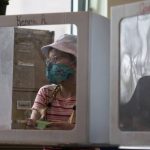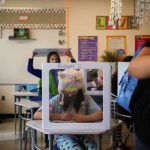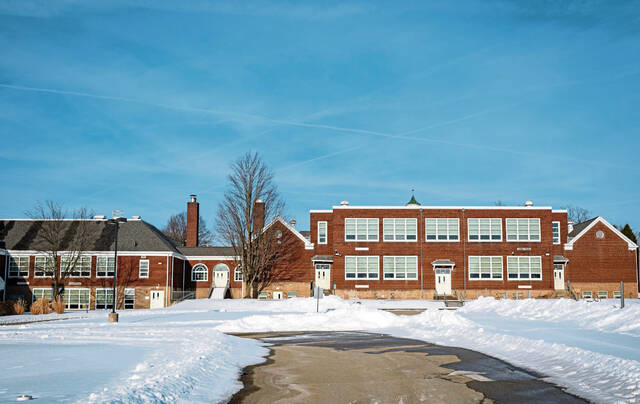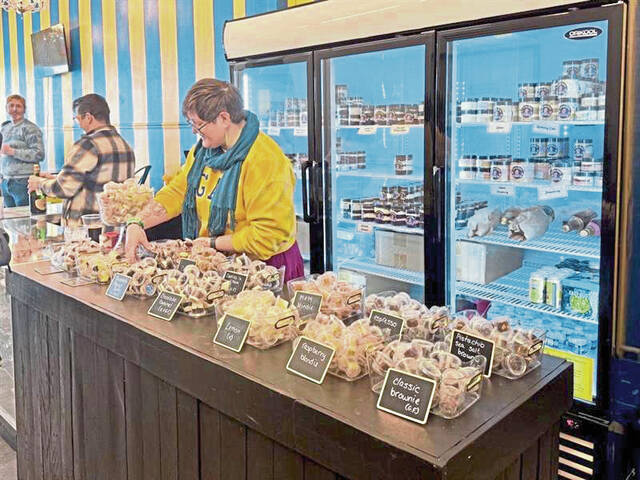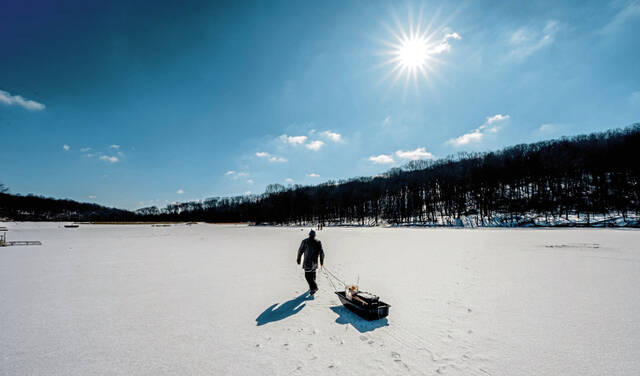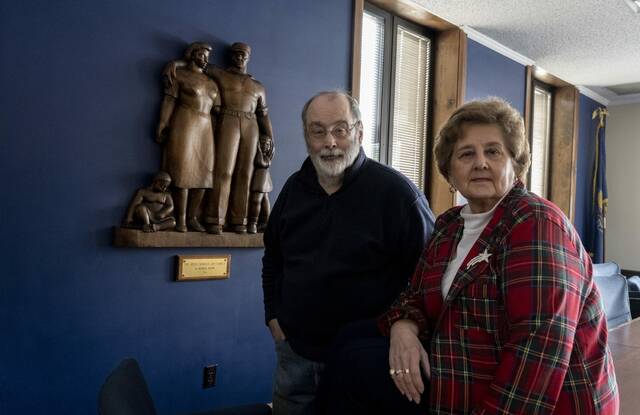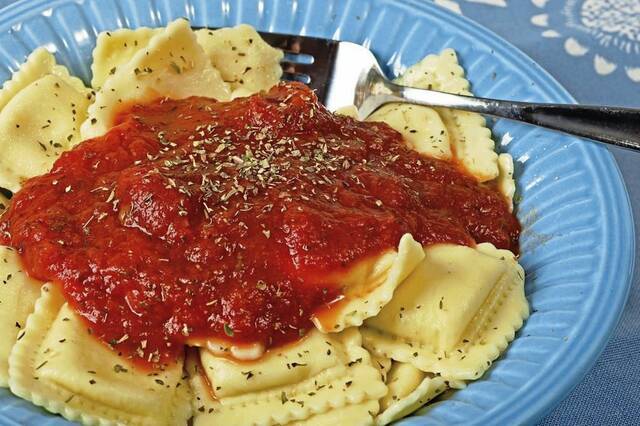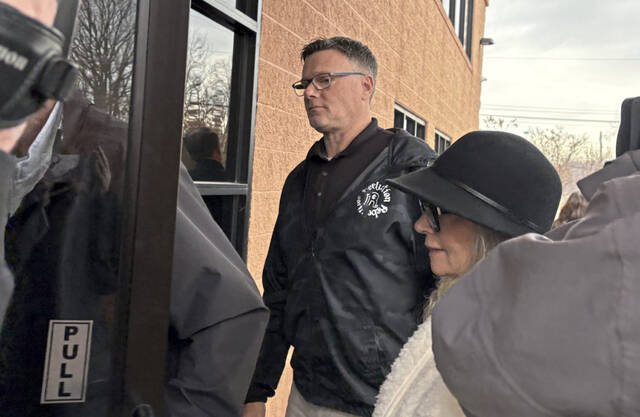Scientists and environmentalists agree that if you want people to protect the planet, it helps to teach them to value nature while they’re young.
That’s what’s happening at Acmetonia Elementary in Harmar where 4th grade students in Elizabeth Newill’s science class are participating in the Ecostudent Challenge. By participating in the project the children learn about the environment, raise money for questions they answer about the environment, and donate the money they raise to an environmental group.
Newill has established a partnership with Cape Clasp, a Massachusetts company that created a bracelet shaped like Cape Cod and developed a non-profit partnership model with the Cape Cod National Seashore.
For each of its designs it partners with a marine life organization and donates 15% of its profits. Organizations Cape Clasp works with are the Atlantic White Shark Conservancy, Whale & Dolphin Conservation and Massachusetts Audubon Society.
“When we talk about human impact that we have on ecosystems, often times we feel so small because we’re just one person and how can what I do with recycling or using less of something really make a difference?” asked Newill. “But because I teach this in this grade level, I am not just one person. I am teaching this to approximately 80 other people, students, and then they can all talk about recycling at home and focusing on our planet a little bit.”
The students are challenged to practice answering 100 questions about the ecosystem and marine life. After a few weeks studying ways they can have a positive impact on marine life – particularly whales, sharks and manta rays – through methods such as recycling plastics, the students are tasked with finding sponsors to support the student for each question they answer correctly when Newill gives the 100 question test.
A sponsor can pledge any amount per correct answer. If it is 10 cents and the student answers 75 out of 100 questions, the sponsor donates $7.50.
Two years ago Newill’s class presented a check for $3759.27 to Cape Clasp. Last year the pandemic prevented her from renewing the Ecostudent Challenge but she was inspired to pick it up again this year.
“I was reading about all the plastics and in the year 2050 there’s going to be more plastic than fish in the ocean,” said Newill. “And then I’m teaching that and it’s these two worlds that have kind of came together for me and then I just reconnected with (Cape Clasp) and it evolved from there.”
For their part, Newill student’s are excited about participating in the challenge and what they’re learning.
“I learned that sharks don’t have bones,” James Leahy, age 9, told a surprised interviewer. “But they do have teeth.”
Nine-year-old Jordyn Douglas said being involved in this challenge is teaching her good life habits. “I learned that a plastic bag is only used for an average of 12 minutes which is really sad.” Now she worries about them showing up in the ocean, she said.
“I think it’s awesome at the age of nine and 10 we can make a difference - that we can help a bunch of animals and marine life in the ocean,” said Jack Pearrow, age 10.
“I like that we’re saving marine life just by learning,” said McKenna Puskar, age 9.
And what has she learned?
“That it takes 500 to 1,000 years for a plastic bag to break down.”
A Google assembly is scheduled for early April. That’s when the students will learn the total amount of money they have raised and present the check to Cape Clasp.
“What I’m mostly proud of is how excited they were for all of this,” said Newill. “The money is nice and it will make a change but then when (the children) get older this will resonate with them and be something they will reflect on as an adult. They made a difference when they were only nine or 10.”





